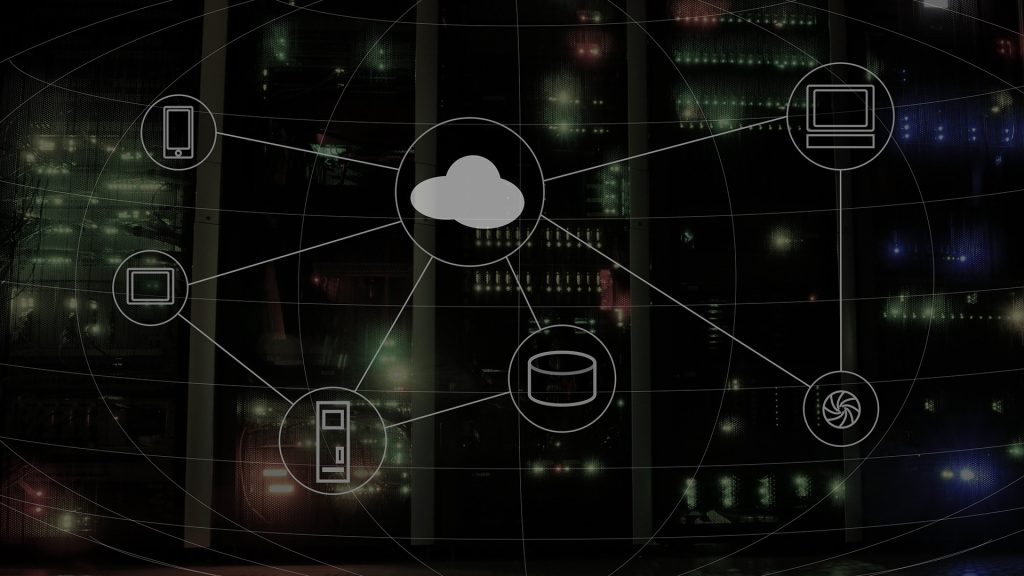European Power Platform Conference
– My journey (Rens Kaes)
Op 12 en 13 juni 2024 had Rens samen met zijn collega’s een bezoekje gebracht aan de European Power Platform Conference. Vol fascinatie en nieuwe kennis, vertelt hij je graag in het Engels over zijn ervaring in Brussel.
Attending the European Power Platform Conference (EPPC) 2024 in Brussels was an incredible experience that profoundly impacted my professional journey. From the moment I arrived, I was immersed in a dynamic environment filled with industry experts, technology enthusiasts, and business leaders. The conference offered a large range of sessions and networking opportunities, from seeing some old colleagues to getting to know some new ones, everything centered around Microsoft’s Power Platform.
During EPPC there were a lot of different sessions where each session had their own topic. There were even multiple sessions which discussed the same topic but still covering different items. Personally, I was most interested in the Governance part of the Power Platform and the buzz word AI/Copilot. In this blog, I’ll go a bit more into the Governance part. My colleague Davy has written a blog about Copilot, which you can find here.
You can ask yourself: Why would you want to follow and get to know more about Governance? Yes, I know. Governance is not the most exciting aspect about the Power Platform, but it is crucial and topical, as I have recently been working on a Governance plan for a client. From start to finish, this was something new for me. We created a Governance document about what users can do and more importantly what they cannot by implementing Data Loss Prevention (DLP) policies and working with the CoE (Center of Excellence). My point here is, we did it following some general guidelines and our gut feelings. During EPPC there were quite a few sessions about it. From a general Governance perspective to actual use cases and how to solve and accomplish it.
Let me start with explaining in short what the Power Platform is.
Power Platform is a low-code platform accessible for both regular business users (also known as citizen developers) and pro developers to create automation flows and even apps for their business.
And what does Governance for the Power Platform mean?
The general meaning of Governance is a set of policies and roles which employees must follow. In this case, it’s applicable to the Power Platformer makers, also known as Citizen developers. A citizen developer is a business user who develops something in Power Platform while complying with certain rules and standards.
Why is it important?
One of the great possibilities of the Power Platform is that business users can create automation tasks to help them with daily tasks and challenges. Knowing this, you don’t want to block the Power Platform completely, but you want to restrict what employees can do to protect your business data.
How do we accomplish it?
A powerful tool to accomplish the Governance is the Center of Excellence. By default, this tool provides some key features out of the box to keep you on top of everything going on in your tenant, for new maker notifications to orphaned applications. There is also the possibility to add additional flows on top of the existing ones. An example of this is the possibility to register applications and flows, resulting in employees providing some documentation about it, which might be useful at a later stage. You could repeat this at a weekly interval, so in case employees don’t provide documentation, they will still get a notification and after a certain amount of time, you can disable their application because they don’t comply with the Governance.
The Center of Excellence is one thing, but Data Loss Prevention (DLP) policies are another important item. In short, DLP in Power Platform gives you the possibility to configure which connector users are allowed to use in a specific environment. In that way you can prevent what users can do with your business data. Let’s say you have the default environment open for everyone, but they should be able to connect to a SQL database. In this case, you can simply disable the SQL connector for that environment via a DLP policy.
My key takeaways about Governance in the Power Platform:
🔸Use the Center of Excellence starter kit and extend existing reports and/ or flows where needed but be aware of the updating cycle.
🔸Use multiple environments, potentially with multiple DLP rules.
🔸Keep monitoring your Power Platform.
🔸Don’t think that when everything is configured and deployed, it’s done. IT is changing rapidly, and so is the Governance.

Een datacenter in Microsoft Azure biedt je maximale flexibiliteit, schaalbaarheid en veiligheid.

Maak kennis met de managed services van Advantive voor de Microsoft omgeving van jouw organisatie.

De moderne werkplek faciliteert prettig en veilig (samen)werken vanuit huis, op kantoor en onderweg.